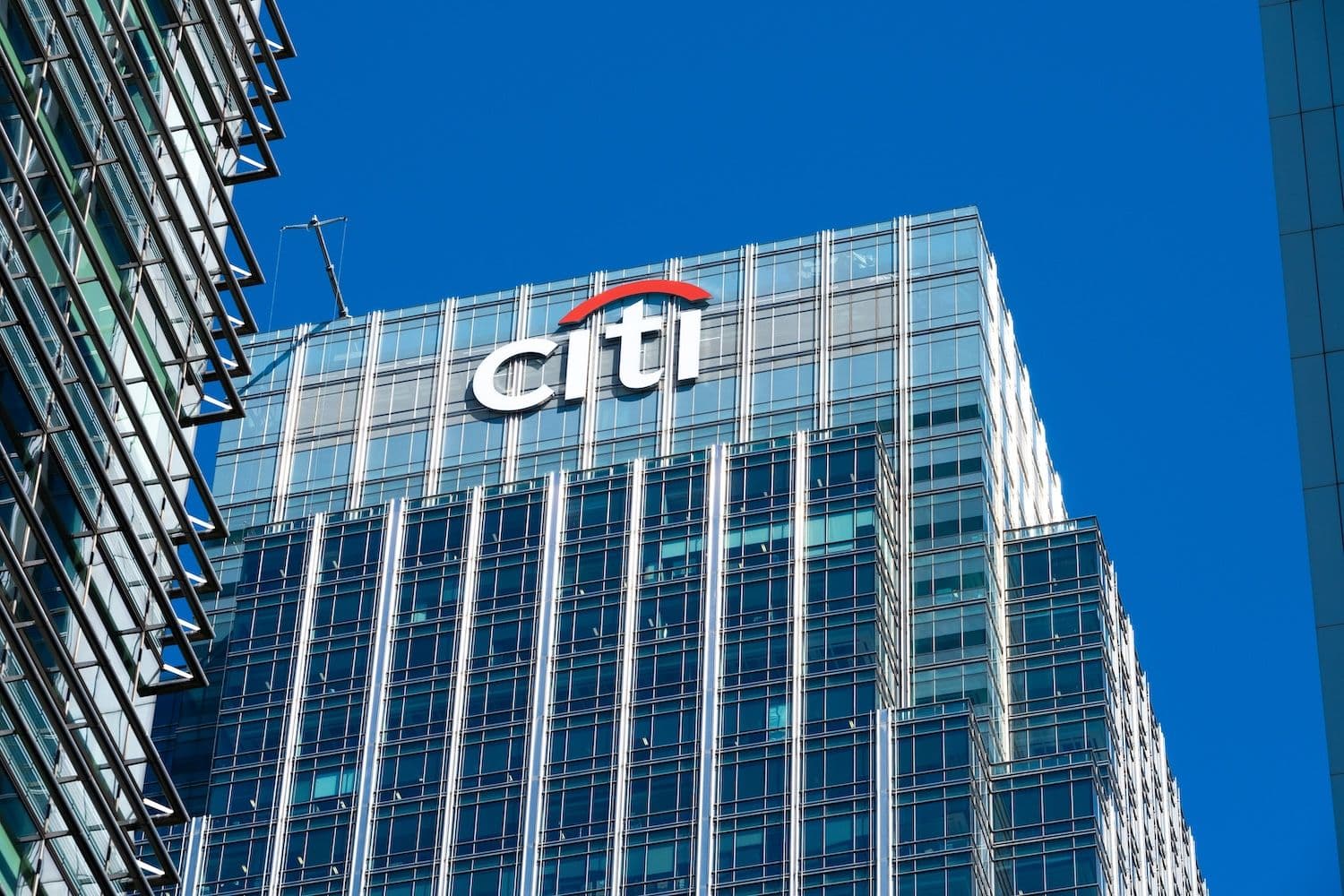Global banking giant Citigroup is launching stablecoin custody and payment services, marking a significant entry into digital assets following recent U.S. regulatory changes that have created clearer guidelines for financial institutions operating in the cryptocurrency space.
What to Know:
- Citigroup plans to leverage its existing infrastructure to store and manage reserves backing digital tokens, focusing on security and regulatory compliance
- The move follows passage of the GENIUS Act in July 2025, which requires stablecoin issuers to back tokens with safe assets like government bonds and cash
- McKinsey projects the stablecoin market will grow from its current $250 billion valuation to $2 trillion by 2028
Banking Giants Enter Digital Asset Arena
The expansion comes after policy shifts under President Donald Trump's administration made the regulatory environment more favorable for banks integrating crypto solutions. Laws including the GENIUS Act and the One Big Beautiful Act have provided operational clarity for stablecoin issuers and traditional financial institutions.
Stablecoins are cryptocurrencies pegged to stable assets such as the U.S. dollar or government securities. These digital tokens have gained traction for enabling faster, more cost-effective transactions compared to traditional banking systems.
International payments that typically require extended processing times can be completed rapidly across blockchain networks.
Tether (USDT) currently dominates the stablecoin market by capitalization and trading volume. According to McKinsey research, the stablecoin sector represents approximately $250 billion in value and could reach $2 trillion within four years.
Understanding Digital Asset Infrastructure
Stablecoins serve as foundational infrastructure for the cryptocurrency ecosystem, facilitating cross-border payments, crypto trading, and decentralized finance applications. Unlike volatile cryptocurrencies such as Bitcoin, stablecoins maintain relatively stable values through asset backing mechanisms.
The GENIUS Act, signed in July 2025, established requirements for stablecoin issuers to maintain reserves in safe assets including government bonds and cash equivalents. This legislation addressed regulatory uncertainty that previously limited traditional banks' participation in digital asset services.
Biswarup Chatterjee, global head of partnerships and innovation within Citigroup's services division, stated the bank will focus on "securely storing and managing the reserves that are backing the digital tokens." Citigroup already oversees treasury and payment operations for major global corporations.
The bank plans to utilize existing infrastructure while maintaining compliance with regulatory frameworks. Security measures and fraud prevention represent key priorities as Citigroup addresses persistent concerns within the crypto industry.
Competitive Landscape and Market Implications
Citigroup recently announced blockchain-based solutions allowing account holders in London, New York, and Hong Kong to transfer tokenized U.S. dollars or convert them to fiat currency for immediate payments. The bank is also considering launching its own stablecoin to compete with established players.
Circle's USDC stablecoin maintains an $18 billion market cap, while Tether's USDT leads the sector. Citigroup's entry could potentially reduce costs and processing delays associated with traditional cross-border payments, offering clients faster transaction capabilities.
For the banking sector, Citigroup's move signals broader institutional acceptance of blockchain technology and may encourage other major banks to develop similar services. Cryptocurrency firms face increased competition but also gain validation of their business models from traditional finance participation.
Crypto exchanges like Coinbase could encounter pressure from Citigroup's potentially lower custody fees and institutional-grade security infrastructure. The bank's established regulatory relationships and compliance frameworks may provide competitive advantages in attracting corporate clients.
Key Financial Terms and Market Context
Several financial concepts are central to understanding Citigroup's expansion strategy. Custody services involve securely storing and managing client assets, while stablecoins represent digital currencies designed to maintain stable values through asset backing.
Cross-border payments refer to international money transfers, which traditional banking systems process over multiple days through correspondent banking networks. Blockchain-based alternatives can complete similar transactions within minutes or hours.
Decentralized finance, or DeFi, encompasses financial services built on blockchain networks without traditional intermediaries like banks. This sector relies heavily on stablecoins for lending, borrowing, and trading activities.
Market capitalization represents the total value of a cryptocurrency calculated by multiplying circulating supply by current price. Trading volume measures the total value of transactions occurring within specific timeframes.
Closing Thoughts
Citigroup's entry into stablecoin services reflects the growing convergence between traditional banking and digital assets following regulatory clarification. The bank's infrastructure and compliance capabilities position it to compete with existing crypto service providers while potentially accelerating mainstream adoption of blockchain-based payment systems.



